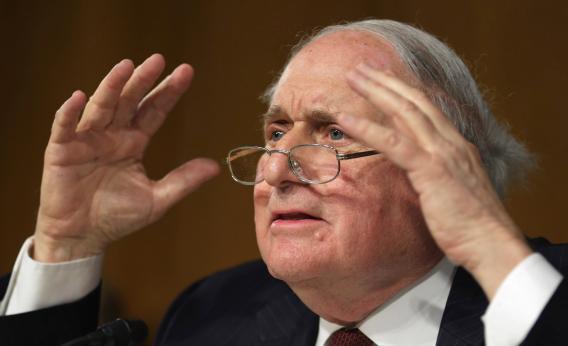Every once in a while when I write about taxes I get asked if I would do a post on my vision of an ideal tax system. It’s an interesting idea and I’d like to do it. But it’s worth noting that in important respects there’s no such thing.
For example, suppose that we legalized commercial production of recreational marijuana, making it available to consumers for a few cents per joint. For both revenue and public health reasons, it would be attractive to impose a marijuana tax that would be enormous in percentage terms. A joint might cost $2 retail with a large percent of the price coming in the form of taxes. But in practice if you put the tax up that high you’re going to have a huge black market in marijuana and undermine many of the goals of legalization. So if you’re practical about it, you probably need a lower tax combined with some non-tax regulations.
The problem, though, is that once you start thinking about practical issues with taxation it can take you anywhere. For example, suppose we eliminated corporate income taxes and made up the difference with higher taxes on capital gains and dividends. That sounds like a good idea to me, but in practice firms would probably take the opportunity to hoard cash and lobby for a dividend tax holiday. The “ideal” policy would be to refuse to hold the dividend tax holiday! But you’re not likely to abolish the existence of political disagreement about the size of the welfare state or the distributional burden of the tax code.
Most generally, any rule you make is going to over time be undermined by the search for loopholes. If you had a broad consumption tax, for example, you might want to exempt college tuition from the tax on the grounds that education is really a kind of investment. And education is a kind of investment. But college is also a kind of consumption. Already colleges often bundle instructional (classrooms) with non-instructional (fitness centers) facilities, and if you tax consumption while exempting tuition then people will find more and more ways to smuggle consumption goods into the tuition category. The right response is going to be to change the rules every once in a while.
